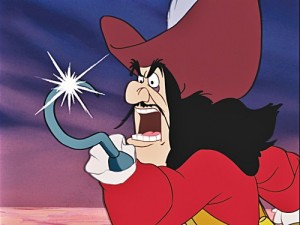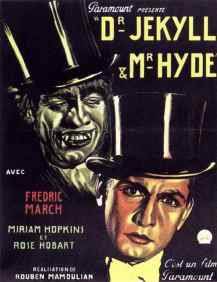Brahms’ Lullaby plays, fading into—
Bert: Good evening and welcome to this hour of “Mother Goose Children’s Theatre,” bringing you safe theatre for your bedtime stories. Which is like discovering that Captain Hook is your surgeon. I’m your host, Bertolt Brahms.
This evening’s History in Rhyme takes us all the way back to the great Greeks, analyzing Antigone’s inner monologue from a modern perspective.
Little Antigone, will you bury your brother?
Your Uncle’s asleep, (have you seen his mother?)
Where is the sister who said she would help?
You left her inside, afraid she would yelp.
Will you bury him? You must decide…
If so, Old Creon will have your hide.
I am pleased to announce that we have a few guests with us this evening. We will be tackling the difficulties of misunderstood quotes by the great Bard himself. With us this evening are Hamlet and Lady Macbeth.
Bert: Hamlet, I think I’m going to start the interview with a question for you. What has been the most difficult decision you’ve ever had to make?
Hamlet: Uh…well, I was playing a game of Battleship with my good friend George Lucas. I was in a bit of a dilemma, not sure what to do, which ship to sink with which coordinates.
Bert: Stressful moment.
Hamlet: Very. I was sweating—solid flesh just melting. My girlfriend was hovering about, asking if there was anything she could do. I said, “Get the others, honey bunny.” Which she did not hear correctly, and thought I had said to go to a nunnery.
Bert: Rather off-putting.
Hamlet: Well yeah. That little slip-up kinda shook things up. So, I’m sitting there, completely distracted, trying to figure out where George Lucas put his ships for the game…and I guess I started thinking out loud. I muttered “2-B or not 2-B? That’s the question.”
Bert: Oh dear. Oh, I see.
Hamlet: Yeah. So, as you can imagine, that, you know, did me in. Lucas called out “R-2, D-2” and sunk my last ship. The rest is history.
Bert: Wow. I see. Thank you, Hamlet for joining us this evening.
Hamlet: My pleasure.
Bert: And now, Lady Macbeth, it is a privilege to have you here this evening as well.
L. Mac: Thank you.
Bert: Now, let me just ask outright. What quote of yours is most commonly misunderstood?
L. Mac: Oh, most assuredly the one that goes, “Out, out—“
Bert (interrupting): –now, now. Wait. You aren’t actually going to say that line are you?
L. Mac: Why ever not?
Bert: Well….this is a children’s program.
L. Mac: And you invited me?
Bert: We can’t have…..language. Not on the air.
L. Mac: So, family-friendly.
Bert: Quite.
L. Mac: Suitable for all ages.
Bert: Indeed.
L. Mac: It would have been alienating…
Bert: True…
 L. Mac: But you needn’t worry. I was never going to say “D…”…THAT WORD. You see, that’s the whole point. All this confusion and misunderstanding is so unnecessary. I was not saying, “Out, out, d…. THAT WORD…..spot.” No. There was no wringing of the hands, no craziness on my part. An acquaintance of mine, who I’ve never gotten along with, was in my kitchen. I said, “Out, out, Adam Spock!” You see, most people do not realize that Spock’s first name is Adam. Hence the confusion.
L. Mac: But you needn’t worry. I was never going to say “D…”…THAT WORD. You see, that’s the whole point. All this confusion and misunderstanding is so unnecessary. I was not saying, “Out, out, d…. THAT WORD…..spot.” No. There was no wringing of the hands, no craziness on my part. An acquaintance of mine, who I’ve never gotten along with, was in my kitchen. I said, “Out, out, Adam Spock!” You see, most people do not realize that Spock’s first name is Adam. Hence the confusion.
Bert: No spot?
L. Mac: No spot.
Bert: So, you never even said…THAT WORD.
L. Mac: No, never. I never would use such language.
Bert: Murder?
L. Mac: Murder, yes. Entirely different matter.
Bert: Well, thank you for coming this evening.
Finally tonight, we have some announcements and updates about some friends of our theatre. In the category of Unlikely Marriages, we have Mother Courage and the Cowardly Lion as well as Little Red Riding Hood and Hugh Jackman.
Also, you may congratulate Dr. Jekyll for his newly acquired position as a psychology instructor at The Tempter’s College, founded by Professor Screwtape.
Good night, folks. Sleep as well as you can.



















































